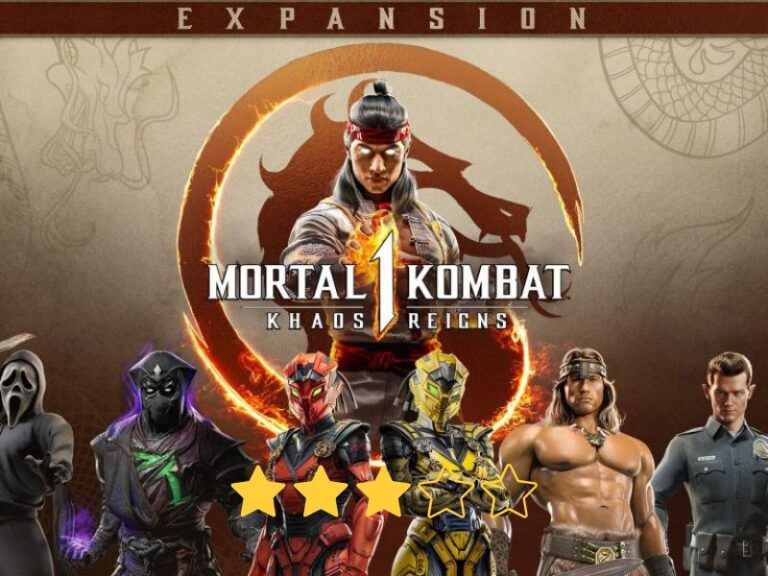Why Concord Game Flopped: Sony Shuts Down & Issues Full Refunds
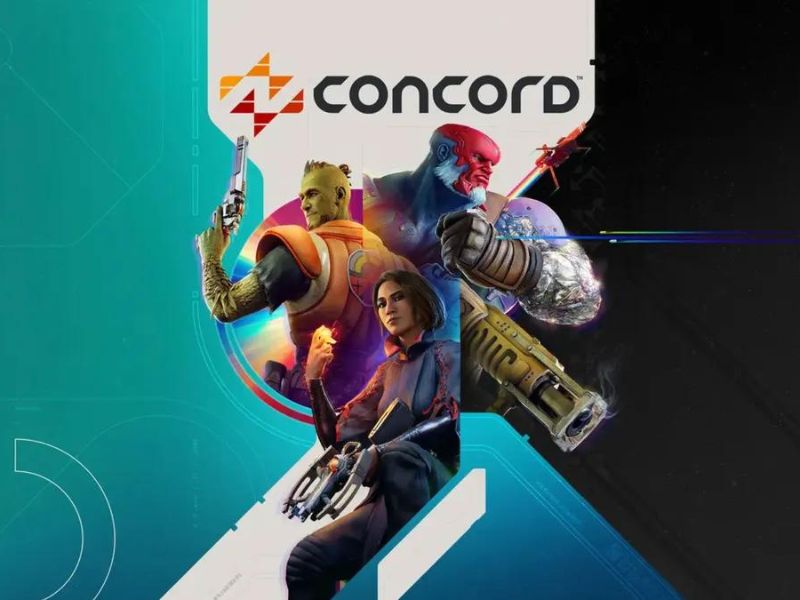
Concord Game: How an Eight-Year Journey Ended in Less Than a Month
After investing eight a long time in improvement, it took less than a month for Concord, Sony’s most recent wander into the live-service space, to crash and burn. The driven title, which propelled on Eminent 23rd, was suddenly closed down on September 6th, stamping one of the fastest disappointments in gaming history. Whereas this quick collapse stunned numerous, the signs were there from the start.
What Went Wrong with Concord?
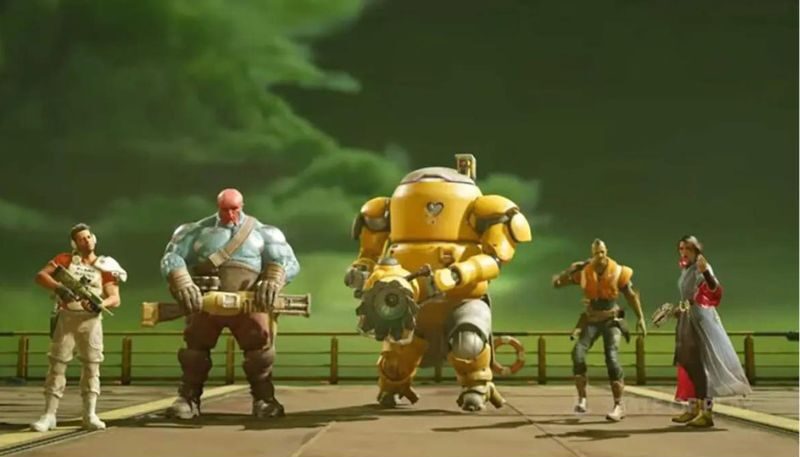
In an autopsy on the amusement, Ryan Ellis, amusement executive at Firewalk Studios, conceded that Concord “didn’t arrive the way we’d intended.” That may well be a modest representation of the truth. Not as it were was the diversion taken offline nearly promptly, but Sony too issued full discounts to players. Whether Concord will ever return remains dubious, even though presently, it appears like a misplaced cause.
But Concord isn’t fair a cautionary story for the engineers at Firewalk Studios. It’s the most recent casualty of a bigger issue tormenting the gaming industry: the unsafe charm of the live service demonstration.
The Allure (and Risk) of the Live-Service Model
From Fortnite to Alliance of Legends, live-service diversions have demonstrated to be exceedingly beneficial and persevering. This has made the show appealing to distributors looking to secure long-term income. In any case, what these studios regularly ignore is that whereas the potential rewards are tall, the chance of disappointment is indeed higher. Recreations like Song of Devotion and Redfall, two other high-profile disappointments, illustrate how troublesome it is to break into this space, particularly when rotating from single-player encounters to multiplayer-focused offerings.
Several factors contributed to Concord’s quick downfall. At its center, Concord essentially didn’t stand out. It was a legendary shooter, a sort as of now ruled by the likes of Overwatch and Summit Legends. Not as it were was it entering a swarmed advertise, but Concord also advertised small to distinguish itself from its competitors. The characters felt nonexclusive, the outline plan was baffling, and the gameplay circle needed the energy and creativity required to carve out a faithful player base.
Why Concord Didn’t Make the Cut
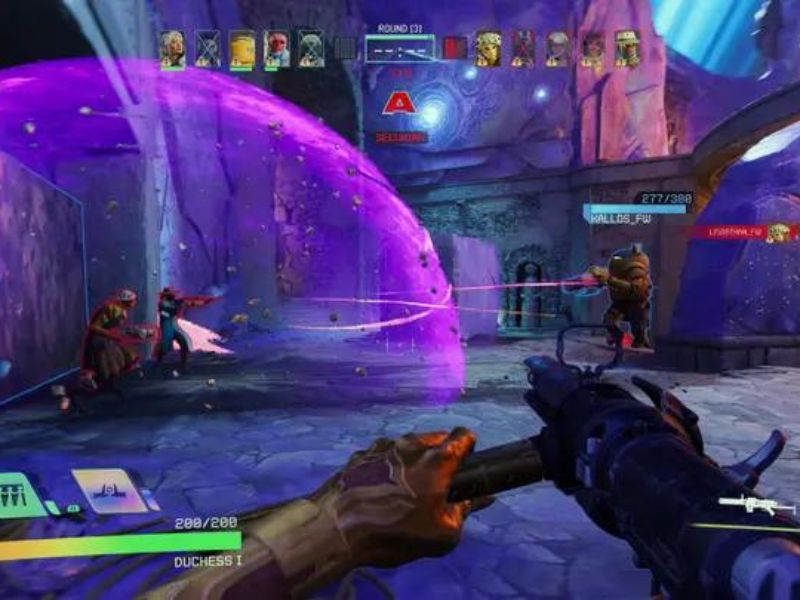
A few variables contributed to Concord’s quick downfall. At its center, Concord didn’t stand out. It was a saint shooter, a sort as of now ruled by the likes of Overwatch and Pinnacle Legends. Not as it were was it entering a swarmed showcase, but Concord moreover advertised small to distinguish itself from its competitors. The characters felt bland, the outline plan was baffling, and the gameplay circle needed the energy and inventiveness required to carve out a steadfast player base.
Additionally, Concord is propelled as a paid amusement in a space where free-to-play is frequently the standard. This was a vital misstep that constrained its reach from the beginning. In a world where players are ruined for choice with high-quality, free-to-play alternatives, persuading them to pay forthright for an encounter that wasn’t groundbreaking was continuously planning to be a tough fight.
Maybe most exceedingly bad of all, Concord was selected for PS5 and PC, meaning it couldn’t tap into the much bigger player bases of other stages like Xbox or Nintendo Switch. This essentially contracted its potential group of onlookers.
The Bigger Problem: Chasing Trends with Outsize Expectations
The failure of Concord is part of a growing trend in the industry: the overambitious interest in the live service show. It’s simple to get why so numerous distributors are chasing this slant. Diversions like Ocean of Cheats and Valorant have appeared that live-service titles can create massive revenue streams while keeping up life spans. But for each Fortnite, there’s a Hyenas — Sega’s ill-fated multiplayer shooter — or Blue Convention, the anime MMO that Amazon and Bandai Namco as of late pulled the plug on.
Even major companies like Warner Bros. and Ubisoft aren’t resistant. Multiverses, Warner Bros.’ battling diversion, was taken offline for about a year for retooling, whereas Ubisoft’s fight royale turn on The Division never indeed saw the light of day.
These failures underscore a hard truth: breaking into the live-service market is inconceivably troublesome. Victory isn’t ensured by huge budgets, skilled groups, or indeed the backing of gaming monsters like Sony. What Concord’s quick end highlights is that in the event that an amusement doesn’t promptly get players’ consideration and offer something unique, it’ll battle to outlive this vicious scene.
What Does This Mean for the Future of Live-Service Games?
The swift collapse of Concord sends a clear message to developers and publishers: no amusement is as well huge to come up short. This incorporates up-and-coming titles with tall desires, such as Bungie’s Marathon, NetEase’s Wonder Rivals, and Valve’s Halt. In case these diversions do not oversee to charm players right out of the door, they might conclusion up sharing Concord’s destiny. Valve’s notorious Artifact serves as an update that indeed industry heavyweights aren’t powerful when it comes to the live-service field.
Could Concord Return?
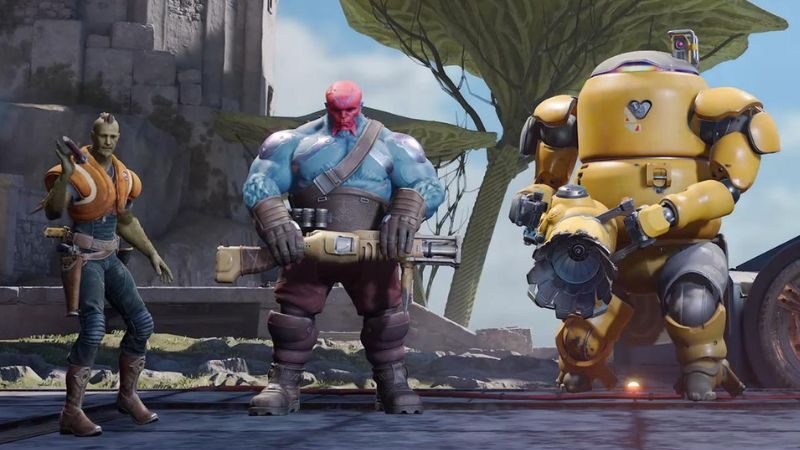
Within the declaration concerning Concord’s shutdown, Ellis said that the engineers would “explore choices, counting those that will superior reach our players.” This may be cruel that Concord may reemerge in the future, conceivably as a free-to-play title with a few changes to its gameplay. In any case, essentially changing the commerce demonstration won’t be enough to settle the game’s more profound issues. It’ll take more than a cost drop to address the basic issues that tormented Concord from day one.
Within the swarmed live-service advertisement, being “good enough” isn’t sufficient. Recreations have to offer a compelling reason for players to take off their current time sinks behind and contribute their hours — and their dollars — to a modern encounter. Tragically for Concord, it fizzled to supply that.
Conclusion: A Lesson in the Perils of Trend Chasing
Whereas Concord may have been short-lived, it serves as a profitable lesson for the gaming industry. The live-service demonstration may well be engaging, but it’s too fantastically unforgiving. With so numerous recreations competing for players’ time and consideration, studios ought to offer something truly remarkable to stand out. Bland characters, normal gameplay, and a swarmed sort just won’t cut it.
As increasingly live-service recreations are shut down or scaled back, distributors would do well to memorize Concord’s failure. It’s not almost following the drift — it’s approximately finding the correct equation to keep players locked in for the long haul. In an industry where time is cash, as it were the foremost inventive and compelling diversions will survive. Tragically for Concord, it didn’t have what it takes to compete.
FAQs:
1. Why did Concord flop?
Concord tumbled due to a few variables. It entered the exceedingly competitive saint shooter class, ruled by recreations like Overwatch and Summit Legends, but fizzled to offer anything interesting to stand out. The diversion highlighted nonexclusive characters, a baffling outline plan, and needed a compelling snare to keep players locked in. Also, it propelled as a paid title in a space where free-to-play recreations are the standard, which encourages restricted gatherings of people. Its speedy ruin reflects the developing challenges of breaking into the live-service gaming advertise.
2. Is Sony refunding Concord?
Yes, Sony is advertising full discounts to all players who acquired Concord. After the declaration of the game’s shutdown, the company chose to issue discounts, as the diversion will not be accessible to play after September 6th.
3. Why did the Concord game shut down?
Concord was closed down since it fizzled to reverberate with players. The amusement didn’t meet the desires set by its designers and couldn’t gain sufficient footing within the swarmed live-service space. Its need for one-of-a-kind highlights, combined with hardened competition from more built-up titles, drove its fast decrease and possible shutdown in no time after its dispatch.
4. Why is Concord shutting down?
Concord is closing down basically since it didn’t draw in sufficient players to maintain its live-service demonstration. The game’s nonexclusive plan, baffling gameplay components, and competition from greater, more built-up titles implied it couldn’t secure a committed player base. As a result, the designers at Firewalk Studios and Sony chose to require the diversion offline, recognizing that it didn’t arrive the way they aimed.
Click Here To Learn About:

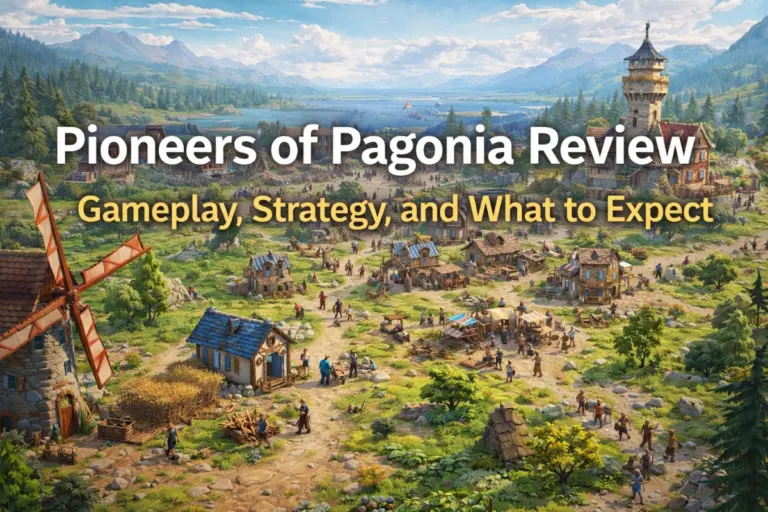
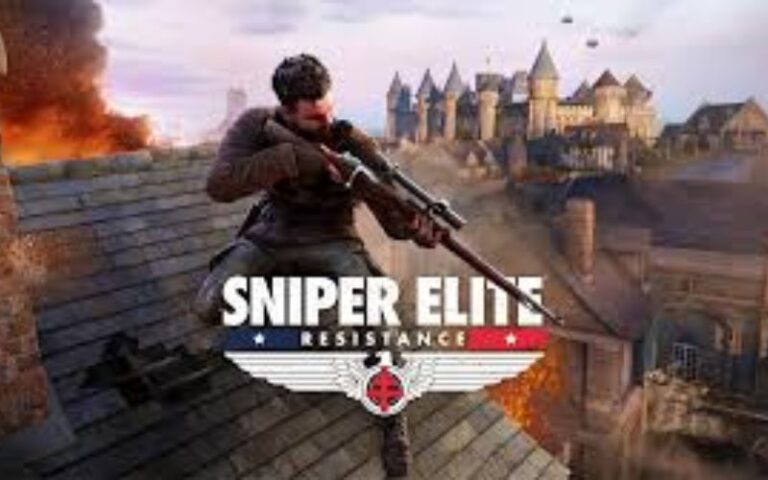
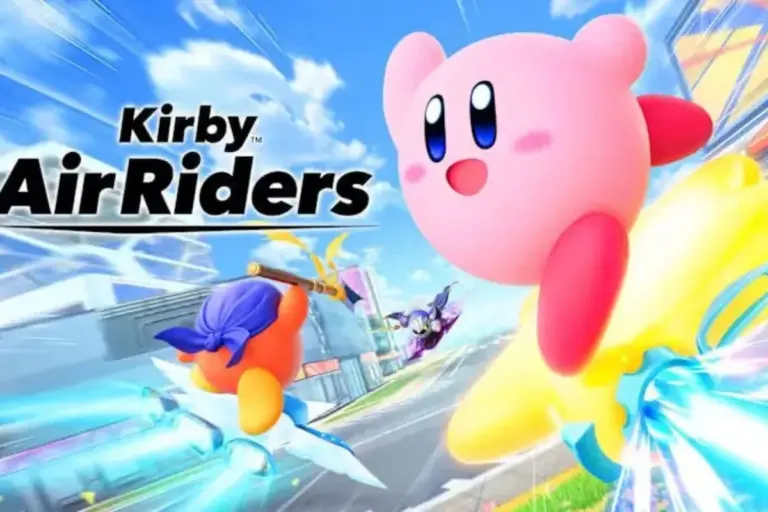
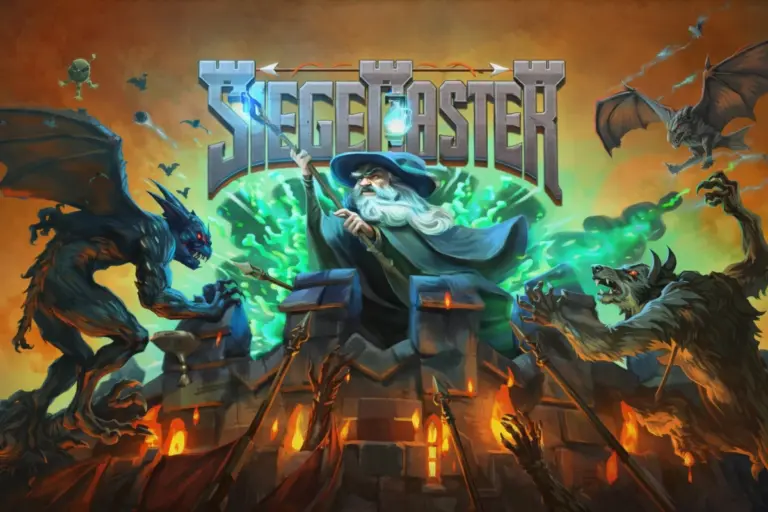
![Hot Takes Game- All Time Fun You Need To Know [2024] Hot Takes Game](https://mediatalky.com/wp-content/uploads/2024/04/Untitled-design-10-1.jpg)
